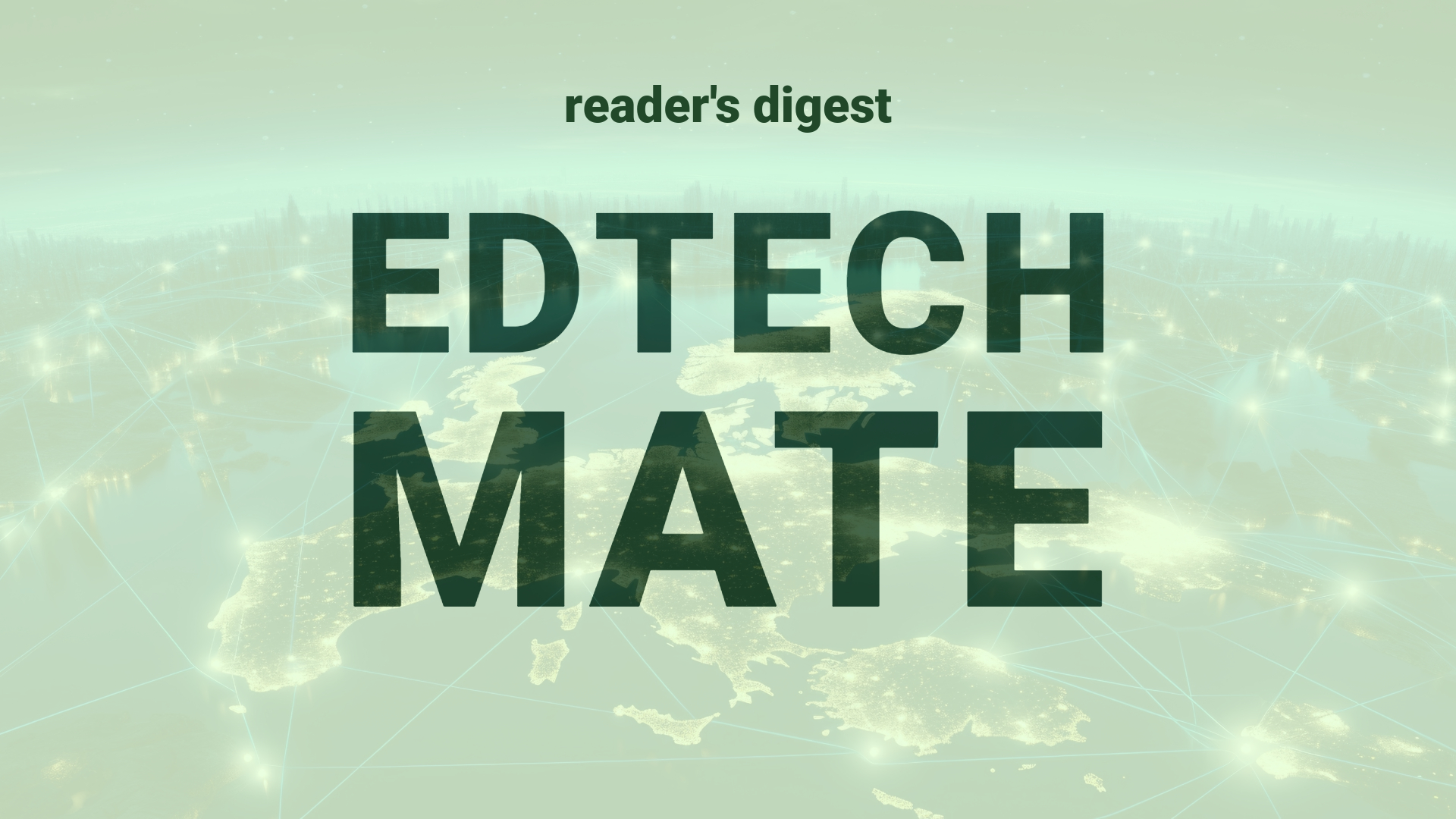“`html
Executive Summary and Main Points
The current geopolitical dynamics in AI are highlighted by the high-stakes discussions between the US and China, with each country looking to safeguard its technological advancements in generative AI. Notably, the US has a temporal edge in generative AI, specifically in English-language content, while China’s integration of government and enterprise could leverage significant development in the coming years. Diplomatic efforts are focusing on mutual risks while IT leaders are concerned with practical issues such as copyright, compliance, and privacy. The transformation in the global higher education landscape requires careful navigation through these emerging technologies and international regulations.
Potential Impact in the Education Sector
The advancements in generative AI have profound implications for Further Education, Higher Education, and Micro-credentials. For instance, the creation of personalized learning environments, automated academic research, and the development of micro-credentialing systems could foster new international partnerships and enhance digitalization in education. However, strategic partnerships must account for the growing divide in AI capabilities and regulatory frameworks between the US and China, which may impact the sharing of educational tools and resources globally.
Potential Applicability in the Education Sector
Innovative applications of AI in global education systems could include the development of multilingual educational platforms using generative AI, enhancing access to quality content across language barriers. Additionally, AI-driven analytics could optimize international student recruitment strategies and personalize student learning experiences. However, the application of these tools must respect international copyright laws and data privacy concerns intrinsic to higher education institutions worldwide.
Criticism and Potential Shortfalls
One of the critical weaknesses identified in the AI talks is the potentially unrealistic enforcement of global copyright laws, particularly with regards to China, and the impact that differing regulatory practices may have on the education sector. International case studies show varying degrees of success in integrating AI within education, with some institutions struggling with ethical considerations, such as data privacy and the cultural implications of AI-generated content, which might not reflect diverse perspectives adequately.
Actionable Recommendations
For education leaders looking to harness the power of AI, it is recommended to engage in collaborations with technology firms that prioritize ethical AI development and to establish best practices that align with international standards. While fostering innovation, they should also actively invest in cybersecurity to protect educational data assets. Lastly, to maintain a competitive edge within the international education sphere, institutions must stay abreast of global AI developments and adjust their digital transformation strategies accordingly.
“`
Source article: https://www.cio.com/article/2106073/china-us-ai-talks-tuesday-have-absurdly-low-expectations.html

